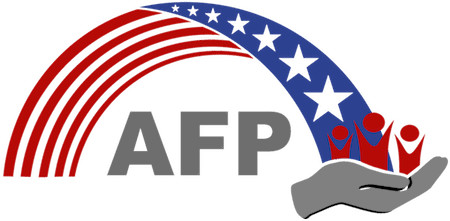Archives: 2020
Can I Have More Than One 401(k)?
Posted: October 13, 2020

It is possible to enroll in more than one 401(k) at a time. In fact, it is not uncommon to accumulate several over a lifetime. This can occur in various situations. Scenarios that Can Lead to More than One 401(k) You may have a 401(k) account from a previous employer and enroll in a second 401(k) plan when you start a new position. This process...
What Is The Long-Term Disability Waiting Period?
Posted: October 10, 2020

Long-term disability insurance is designed to help cover your living expenses should you become disabled. However, the insurance company does not start paying out benefits immediately if you become seriously ill or injured. You must meet a specific definition of disability for a certain period of time (typically 90 to 180 days) before your benefits start. This period of time is known as the waiting...
Is It Ever Too Late To Get Life Insurance?
Posted: October 7, 2020

Strictly speaking, it is never too late to buy life insurance. However, the longer you wait to purchase a policy, the higher your premiums and the more limited your options. If you wait too long, you may have to settle for a policy that is less than you want at higher rates. Why Buy Life Insurance Early? The younger you are when you buy life...
Beginner’s Guide To Renters Insurance
Posted: October 1, 2020

Landlords carry commercial property insurance to protect them from loss in case of a covered disaster, such as a fire or explosion. But this coverage protects only the building structure and the landlord, not your belongings when you are renting a house, apartment, or condo. Renters insurance can help replace your personal items lost in a disaster. What Does Renters Insurance Cover? Named Perils The...
What Happens To My HSA/FSA If I Leave My Job?
Posted: September 28, 2020

Many employers today are offering health savings accounts (HSAs) or flexible spending accounts (FSAs) to employees. Both types of plans allow for tax-free contributions to cover qualifying medical expenses, as detailed by the IRS. A critical difference between the two plans is you keep the funds in an HSA if you leave your job, but you lose the funds with an FSA. What Is A...

